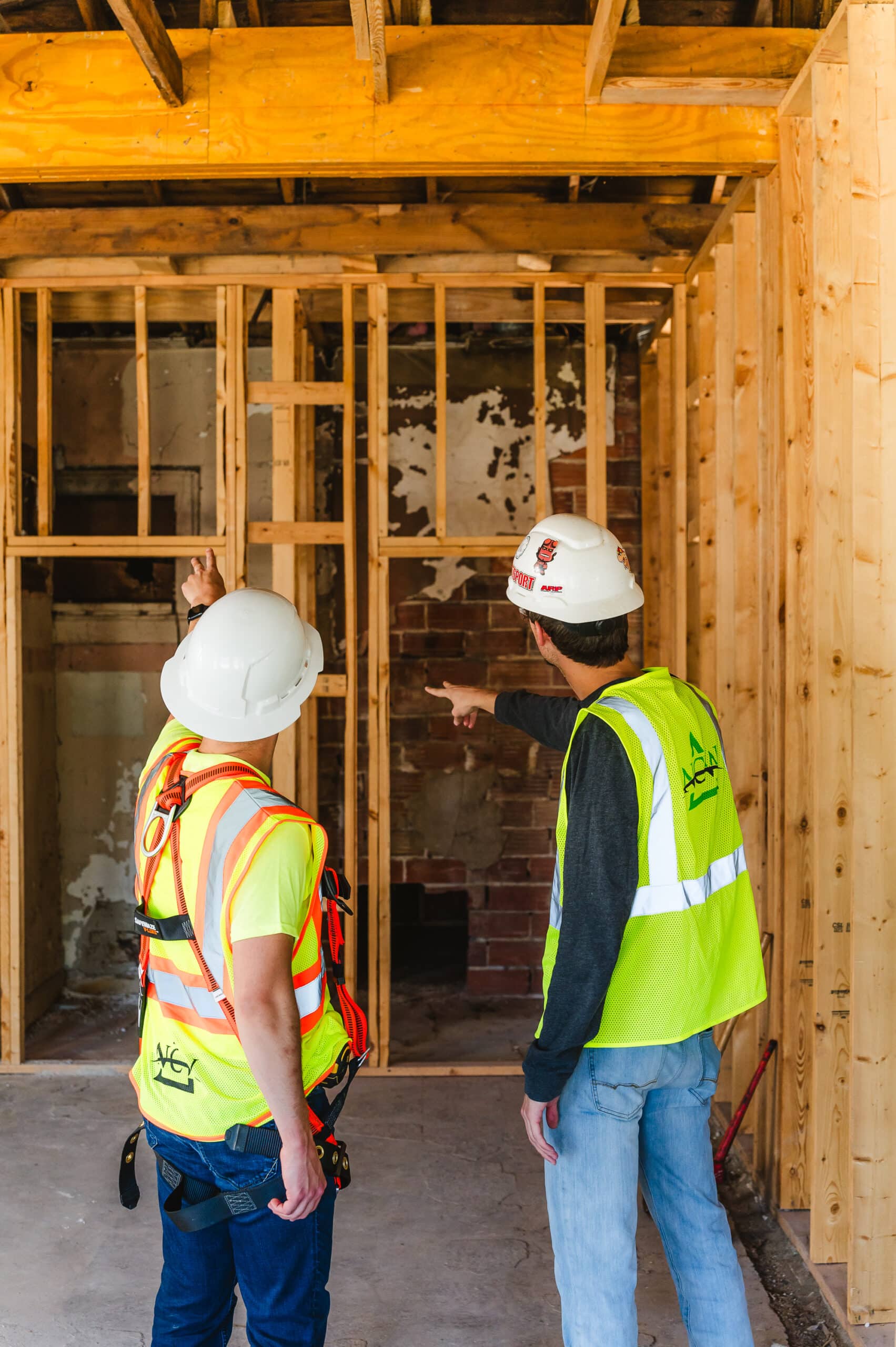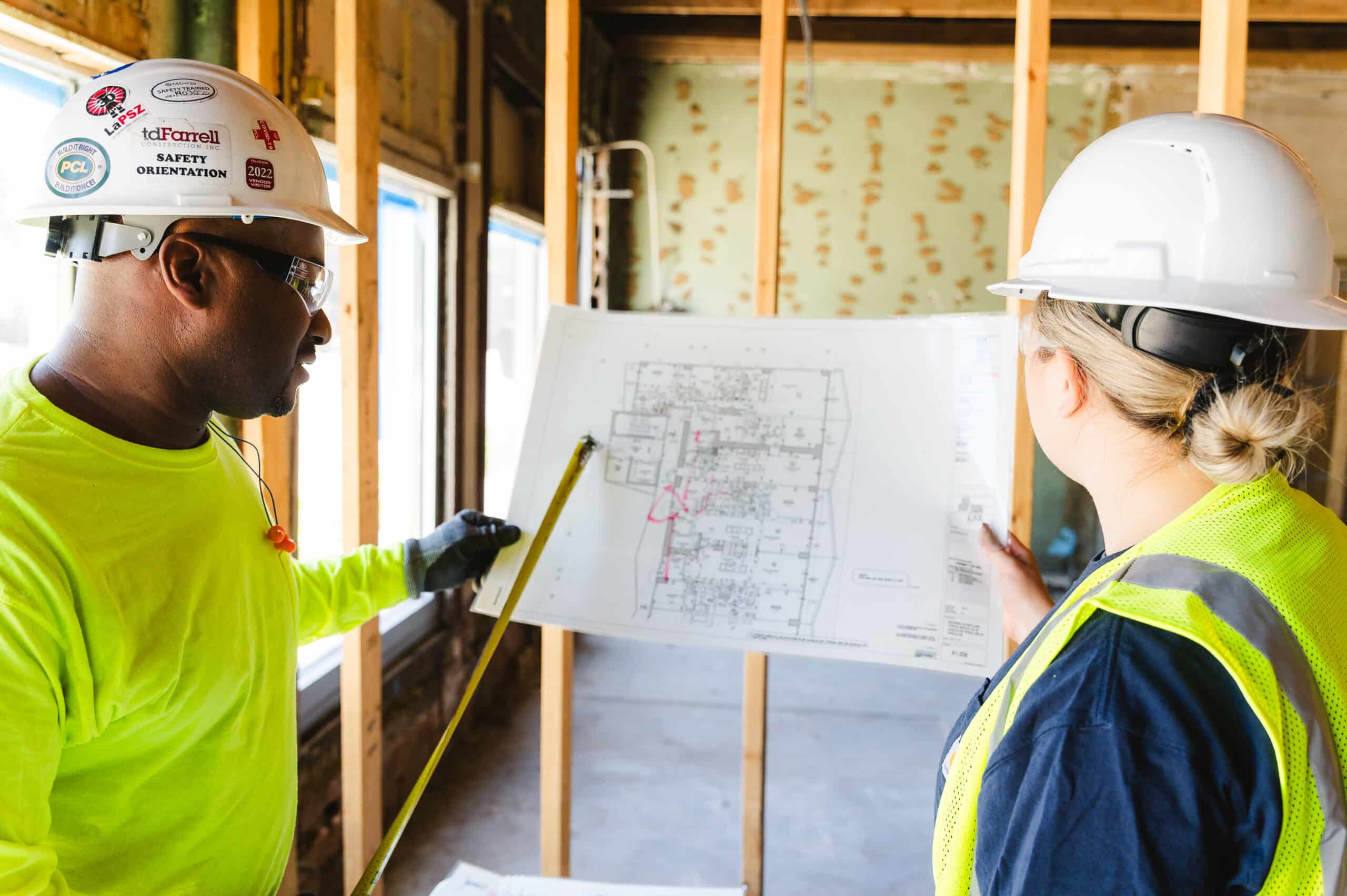
What Does a Project Engineer Do in Construction?
A project engineer plays an important role in the continuously evolving field of engineering and construction. This engineering job is responsible for managing complex construction projects, making sure that they are finished on schedule, within budget, and to the set quality standards. Understanding a construction project engineer’s different roles and responsibilities shows their significant contribution to engineering construction and the large field of engineering and construction management.
Responsibilities of a Construction Project Engineer
A construction project engineer serves as the connection between the design and execution phases of a construction project. Their responsibilities include a wide range of tasks including planning, coordinating, and supervising construction operations. This engineering job guarantees that project objectives are achieved efficiently and effectively.
Project Planning and Coordination
A construction project engineer’s main responsibility is thorough project planning. This involves developing specific project plans outlining the scope, timeline, and resources needed for each stage of the construction process. By working with architects, designers, and other engineers, the construction project engineer ensures that the designs are realistic and achievable.
Interpersonal communication is an important aspect of being a project engineer since they work with a variety of stakeholders. These stakeholders can include contractors, subcontractors, suppliers, and clients, to organize their tasks and ensure that everyone is working toward the same goals. Effective communication and collaboration help to reduce delays and dangers related to engineering and construction projects.

Quality Control and Safety Management
Ensuring quality and safety standards is critical in engineering construction. The construction project engineer is in charge of enforcing firm quality control procedures to guarantee that all construction operations meet the established standards and regulations. This involves doing regular inspections, examining construction materials and processes, and resolving any inconsistencies or problems that may develop throughout the construction process.
Safety management is equally important. The construction project engineer creates and enforces safety measures that protect workers and reduce the likelihood of accidents on-site. This includes providing safety training sessions, checking compliance with safety laws, and responding quickly to any safety problems that might arise.
Budget Management and Cost Control
Effective budget management is an essential part of construction engineer management. The construction project engineer oversees creating and maintaining the project budget, verifying that all expenditures are within the limits of the budget. This includes strict cost estimation, tracking spending, and identifying cost-saving options without compromising the project’s quality or integrity.
To avoid budget overruns, cost control measures are put in place throughout the project’s duration. The construction project engineer evaluates financial records regularly, recognizes potential financial risks, and takes proactive actions to resolve budgetary concerns. The construction project engineer assures the project’s financial sustainability by exercising rigorous financial management.
Problem Solving and Decision Making
Engineering and construction projects sometimes face unexpected hurdles and obstacles. The construction project engineer is responsible for recognizing and fixing these issues as soon as possible. Their problem-solving skills are put to the test as they find new ways to keep the project on schedule. This might include altering project plans, shifting resources, or using new construction techniques.
Decision-making is another important component of the construction project engineer’s job. They must make informed decisions quickly in order to deal with any problems that take place. This requires an extensive understanding of engineering concepts, construction practices, and project management techniques.
Project Documentation and Reporting
To complete engineering and construction projects properly, accurate documenting and reporting is required. The construction project engineer keeps precise records on all project operations, such as progress reports, inspection reports, and financial records. This documentation gives a complete description of the project and may be used as a resource for future projects.
Regular reporting to stakeholders encourages transparency and keeps everyone updated on the project’s progress. The construction project engineer creates and provides progress reports that highlight significant accomplishments, problems, and upcoming milestones. This develops confidence and teamwork among the project’s stakeholders.
Next Steps as a Project Engineer in Construction
The role of construction project engineer is important for the success of engineering and construction projects. Their skills in project planning, coordination, quality control, safety management, budget management, problem solving, and documentation ensures that construction projects run smoothly and efficiently. Construction project engineers make significant contributions to the shaping of the construction environment and the advancement of engineering and construction management by bridging the gap between design and implementation. If you are ready to take that next step as a construction project engineer, let NCW help you today!
